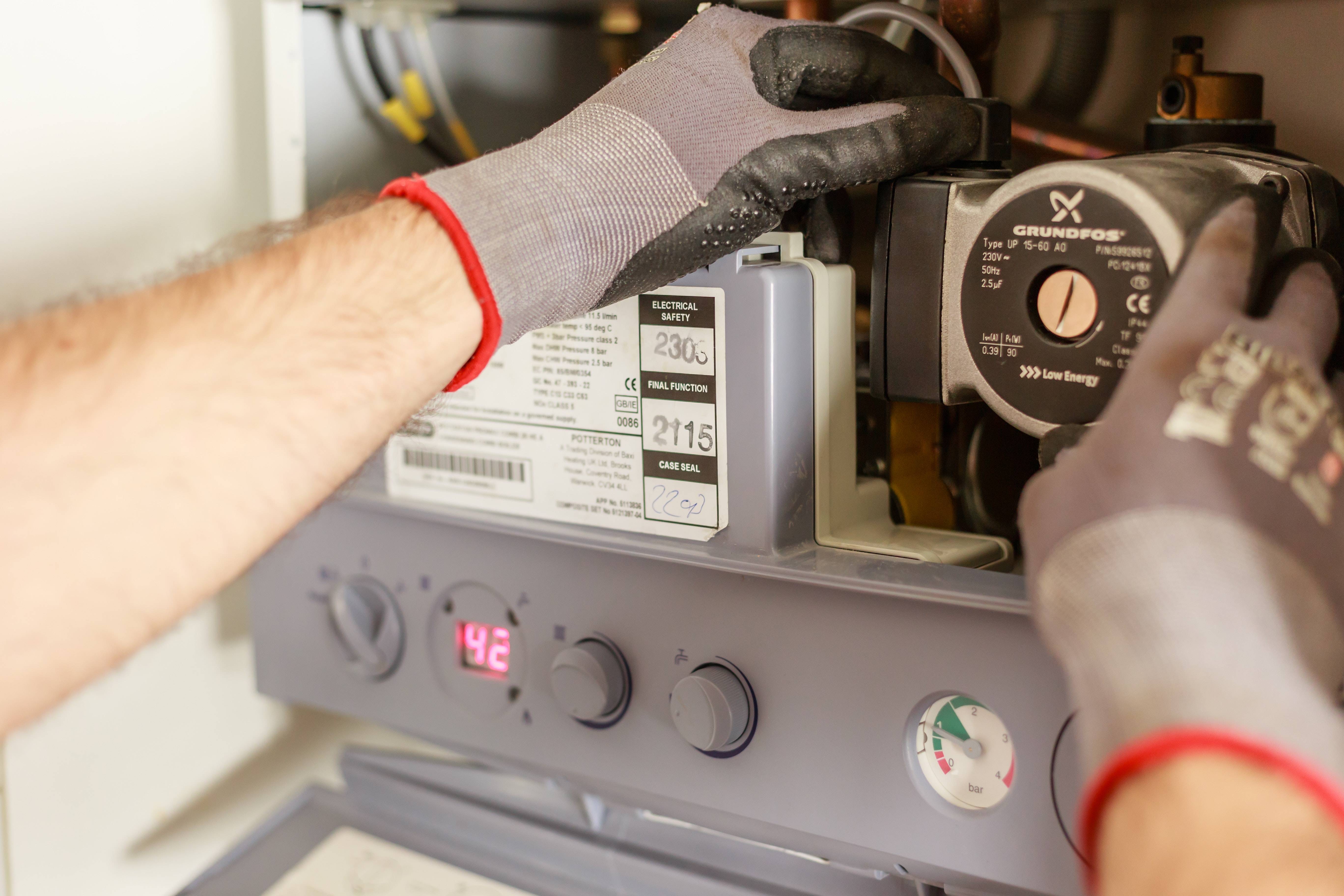Business owners need to keep track of potential hazards in their workflow to prevent harmful interruption of their service. This applies to all establishments, regardless of your industry. For this reason, you must have backup plans that will account for inconveniences in your business model.
Many companies rely on their boiler to run their operation, from food manufacturing companies to restaurant businesses. The simple requirement of decent utilities can have an integral effect on any business model. Once a company’s commercial boiler malfunctions, it can cause delays in the workplace that affects your credibility as a service provider while putting time-sensitive products at risk. This is why it’s beneficial to draft a contingency plan to account for boiler failure during work hours.
Creating a Contingency Plan for a Broken Commercial Boiler
Stalling for time shouldn’t be your only recourse if your commercial boiler starts failing unexpectedly. Having a contingency plan is a much better solution to prepare for the worst-case scenario. Although every company’s workplace uses a commercial boiler differently, there are key aspects you can prepare for to avoid delays in your operation.
If you want to avoid suffering losses from boiler downtime, here are three things you need to consider:
Temporary Boiler Location
The installation of a temporary boiler needs to be at the right location to consider products of combustion (POC) together with mechanical and electrical connections. Additionally, you need to give your supplier the proper instructions for accessible vehicle entry points. This allows you to ingress and egress your boiler units smoothly.
Capacity and Fuel Access
While your main boiler is inactive, you need to assess if your temporary boiler should match the full capacity of the currently installed heating plant. Although it’s best to match its power output, it may be cheaper to go for something less. If your operations won’t suffer massive losses with a less powerful unit, it may be more efficient to scale down your work output in the meantime.
Besides its energy output, you should also check if your rental boiler of choice can run on diesel or natural gas. A diesel unit is generally easier to install, but you have to consider a tanker as a fuel source for delivery. Additionally, you must reinforce proper local fire regulations when sitting a fuel tank.
Mechanical and Electrical Connections
As a follow-up to the location of your temporary boiler, you need to check if there are enough electrical and mechanical connections to reroute your boiler system. Check if you have to use ancillary equipment to utilise your temporary boiler. Remember that your power source needs to be separate to allow repairs and testing for your broken boiler. For this reason, you may need another electrical source if you cannot supplement enough power.
Conclusion
Encountering equipment and utility damage during work hours can halt productivity and fall short of your projected monthly output. While it’s best to avoid these inconveniences, you don’t always have complete control of what happens in your workplace. This is why the second-best solution is to have a contingency plan that accommodates a temporary boiler.
Keep in mind that the steps above aren’t meant to be permanent solutions to a broken boiler. These are precautions during an emergency response while you get your broken boiler fixed. The sooner you can reroute your current boiler system back to normal, the lesser your lost expenses and sales margins will be
To complete your contingency plan, you need to have access to a temporary boiler while your main one is receiving repairs. If you need a company offering temporary boiler rentals in London during workplace hours, we’re the right company to call. Contact our boiler experts, and receive the appropriate solution to maintain your business’ steady operation.

